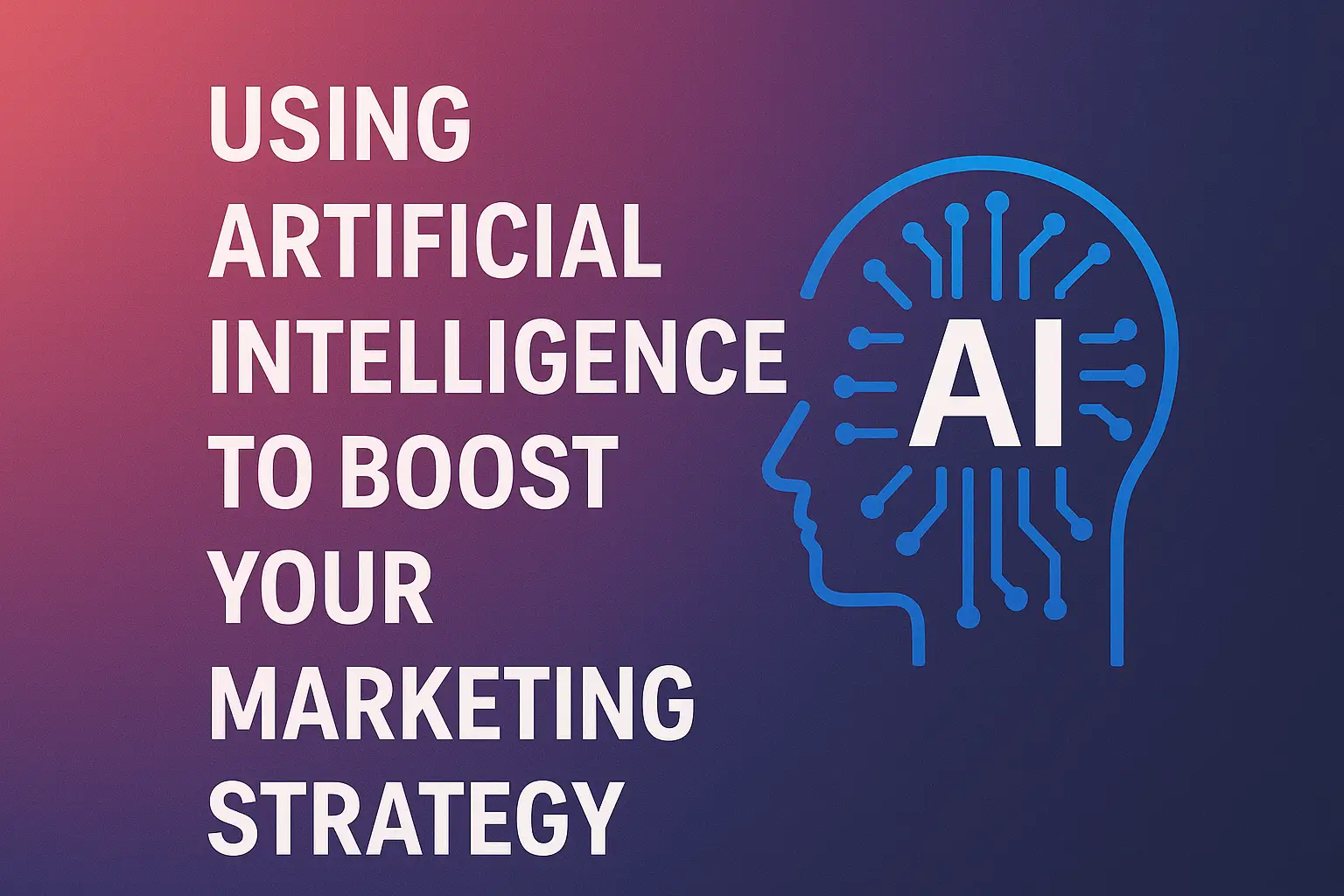Artificial Intelligence (AI) is transforming the marketing landscape, offering powerful tools to understand consumer behavior, automate campaigns, and optimize performance in real-time. No longer reserved for tech giants, AI is now accessible to businesses of all sizes, empowering marketers to create smarter, faster, and more personalized strategies.
In this guide, we’ll explore how you can leverage AI to elevate your marketing efforts and drive better results across every stage of the customer journey.
What Makes AI Valuable in Marketing?
AI can analyze massive datasets, identify trends, and make decisions without human bias or fatigue. In marketing, this means:
- Better customer segmentation
- More relevant targeting
- Enhanced creative output
- Real-time analytics and optimization
- Automation of repetitive tasks
By using AI, marketers can increase efficiency while delivering more personalized and effective campaigns.
Top Use Cases for AI in Marketing
1. Customer Segmentation and Personalization
AI helps divide your audience into micro-segments based on behaviors, preferences, and demographics. This enables hyper-personalized content delivery that speaks directly to individual users.
Example:
Netflix and Amazon use AI to recommend content and products based on each user’s past behavior.
2. Predictive Analytics
AI can predict customer behavior—such as the likelihood of a purchase or churn—by analyzing historical and real-time data. These insights help marketers:
- Allocate budgets more efficiently
- Focus on high-converting channels
- Optimize timing and message delivery
3. Chatbots and Virtual Assistants
AI-powered chatbots provide 24/7 support, guiding users, answering FAQs, and even handling transactions.
Benefits:
- Improves customer experience
- Reduces response times
- Saves money on customer support
4. Content Generation
Generative AI tools like ChatGPT, Jasper, and Copy.ai assist with:
- Writing blog posts and product descriptions
- Generating ad copy
- Drafting email campaigns
- Creating social media captions
These tools save time and maintain consistency in brand voice across platforms.
5. Email Marketing Optimization
AI can determine:
- The best time to send emails
- Subject lines most likely to be opened
- Personalized offers for individual recipients
Platforms like Mailchimp and ActiveCampaign now offer AI features to boost open and conversion rates.
6. Programmatic Advertising
AI automates the buying of ad space and targets audiences with precision. It adjusts bids and placements in real time based on performance metrics.
Results:
- Better ROI
- Reduced ad waste
- Higher engagement rates
7. Image and Video Recognition
AI can scan visual content for brand logos, emotions, and context—helping marketers understand how their brand is being represented across the internet and social media.
Best AI Tools for Marketing in 2025
| Tool | Function |
|---|---|
| ChatGPT | Content generation and idea brainstorming |
| Jasper | Copywriting for ads, blogs, and emails |
| Canva AI | Designing visuals with text prompts |
| HubSpot AI | CRM automation and customer insights |
| SEMrush AI | SEO optimization and keyword research |
| Persado | AI-generated emotional language in messaging |
| Drift | Conversational marketing and chatbots |
Advantages of Using AI in Marketing
- Data-Driven Decisions: Move from guesswork to smart predictions.
- Increased Efficiency: Automate time-consuming tasks.
- Scalability: AI handles large-scale campaigns with ease.
- Improved Customer Experience: Personalization leads to higher engagement.
- Faster A/B Testing: AI rapidly tests variations and identifies winners.
Challenges and How to Overcome Them
1. Data Privacy Concerns
Collecting and analyzing consumer data requires compliance with laws like GDPR and CCPA. Always be transparent about how data is used and ensure proper consent.
2. Integration Complexity
AI tools must integrate smoothly with your existing platforms (CRM, CMS, email marketing, etc.). Choose tools with strong API support and onboarding assistance.
3. Dependence on Data Quality
AI is only as good as the data it’s trained on. Keep your datasets clean, updated, and free from bias.
4. Keeping a Human Touch
While AI excels at automation, human creativity and empathy remain irreplaceable. Use AI to enhance—not replace—human storytelling and brand identity.
Getting Started with AI Marketing
Here’s how to start integrating AI into your marketing strategy:
- Identify your needs: Where do you spend the most time? Where are your bottlenecks?
- Choose the right tools: Start with AI solutions that solve your biggest pain points.
- Train your team: Provide training so your team can use AI tools effectively.
- Test and iterate: Begin with small experiments. Use A/B testing to measure impact.
- Scale gradually: Expand AI usage as you gain confidence and see results.
Final Thoughts: Smarter Marketing Starts Now
AI is no longer optional—it’s a competitive advantage. Whether you want to increase leads, improve customer retention, or create content at scale, AI tools can take your marketing strategy to the next level.
By combining the power of AI with human creativity and empathy, you’ll be positioned to build campaigns that are not only data-driven but also deeply engaging.
